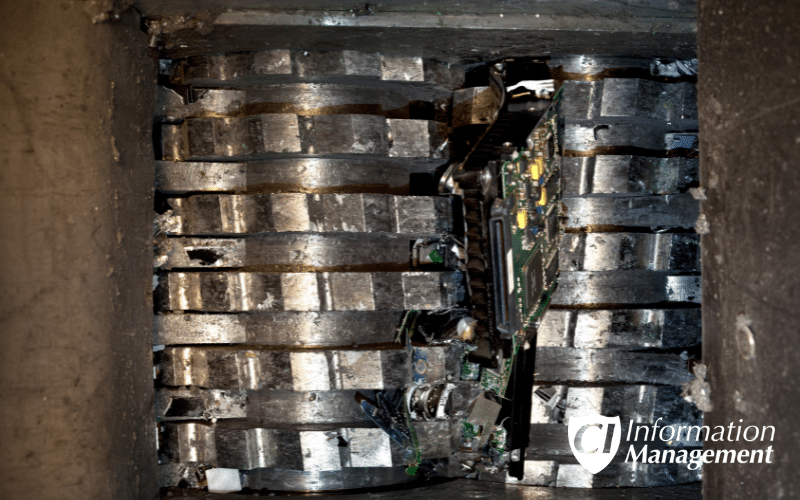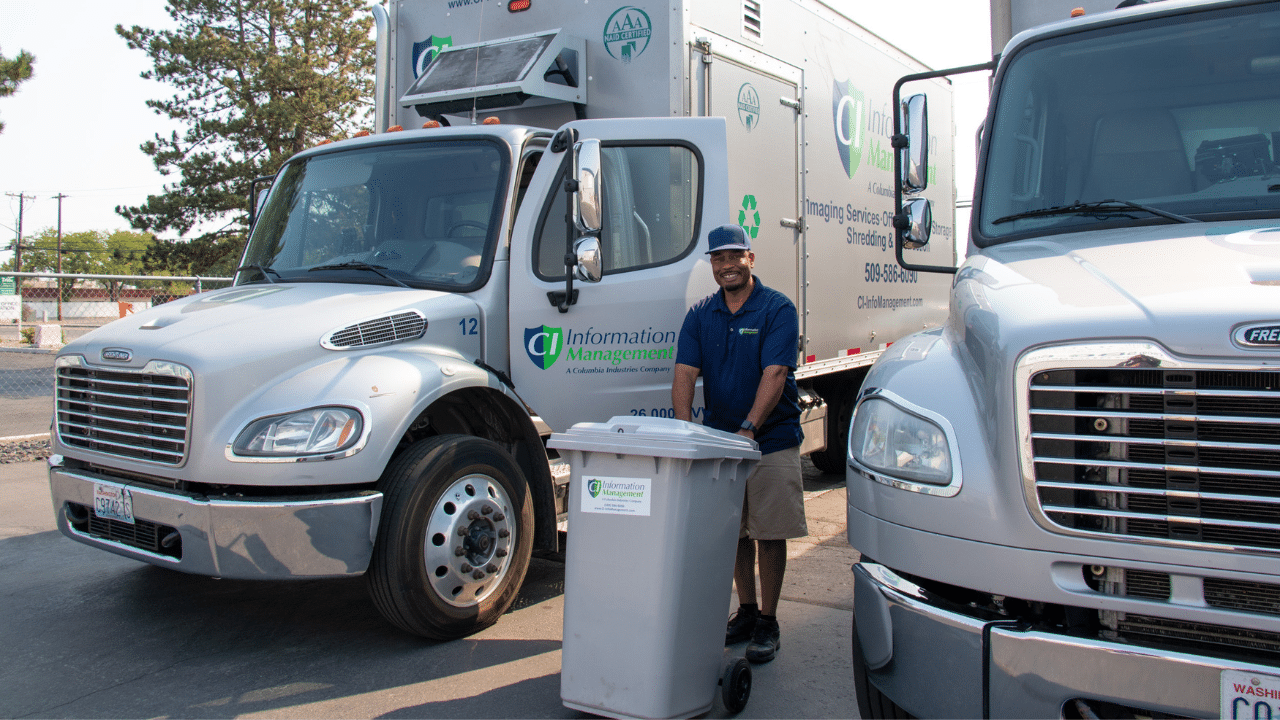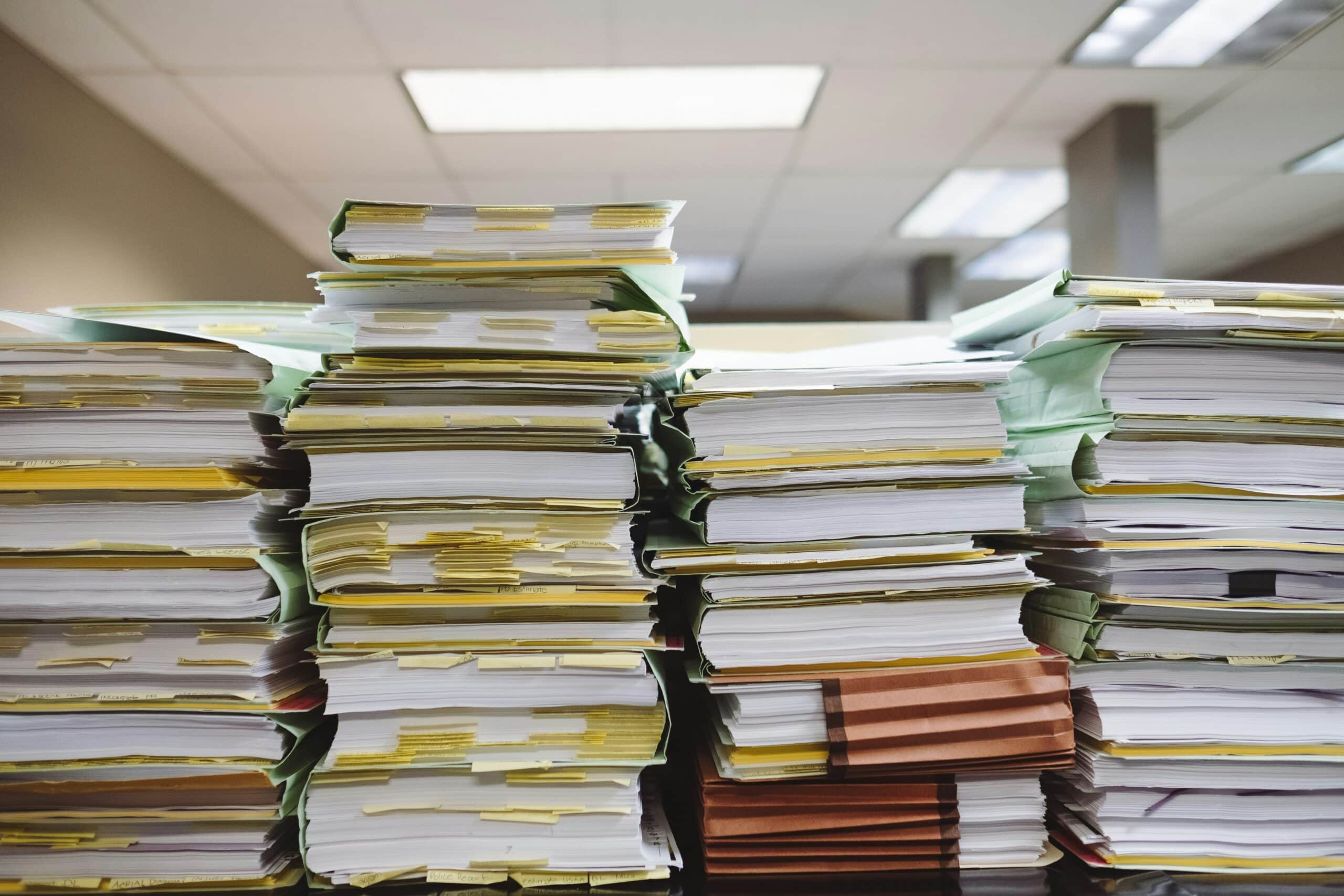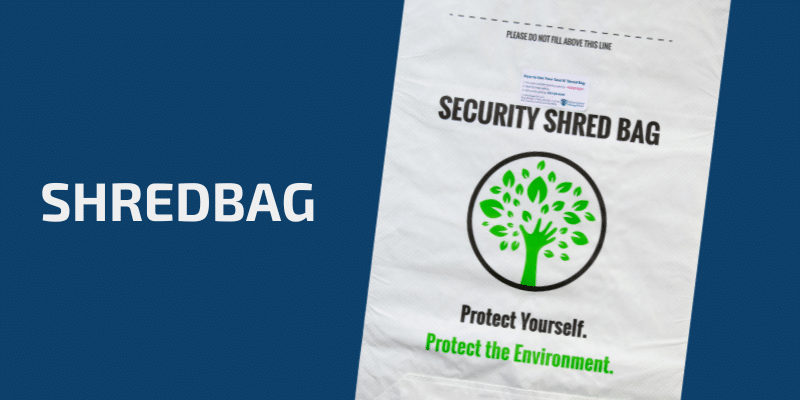
I walked into the middle of a conversation between some of my staff where Jake made a comment about hoarding and how much space it takes up and Liz wondered how it even gets started. Brian made a comment that it’s hard to believe that anyone would let it get out of hand and pile up so bad. Then I asked, “Are you guys talking about the show that visits and interviews homes that are full of junk? And Jake said, “No. We’re talking about the storage closet full of discarded hard-drives and electronics here in the office.” Oh. A light went on in my head…an embarrassing and revealing light.
How did we get here?
If you have a hard drive and electronics storage issue similar to the above, some of the common reasons for keeping them are:
- We might use them again in the future
- We plan on selling or giving them away
- They have sentimental value
- We don’t know how to dispose of them
- We didn’t have time
- We forgot
- They don’t take up much space
- I’m worried about the presence of sensitive data
Unfortunately, none of these understandable reasons to keep discarded, unused, out of date or broken hard drives will protect your business from the potential consequences. Whether you have shelves full of discarded hard drives and electronics or you have been trying to find a way to get rid of them for a while, the following five practices and one solution might be helpful in how you should be and can deal with them.
1. Never Store Discarded Hard Drives
There is no reason to store them and, in fact, it could leave you legally noncompliant if any of those drives contain private information that has exceeded its retention period. Also, the longer any information on those drives sits on the shelves, the greater the possibility of the information being lost or stolen and possibly used for identity theft or fraud.
Another benefit is that when you get rid of your outdated hard drives and electronics, you create usable storage space.
2. Never Dispose of Hard Drives Without Destroying Them
A study shows that 40% of used hard drives sold on the secondhand market still contain personally identifiable information (PII). Information on drives that are not destroyed can easily be retrieved, even if you’ve deleted the data. Data thieves know that many businesses are sloppy when discarding electronics and target their searches accordingly. This includes discarded USB drives, hard drives, backup tapes, and CDs/DVDs/Blu-rays.
3. Never Dispose of Hard Drives in the Trash
Even if you are sure that your information has been fully removed, the trash can is no place for your drives, because they are harmful to the environment. They contribute to landfill waste and they pollute the air, soil and water with toxic chemicals. The metals from drives can be recycled and a responsible shredding company has the capability to have the shredded material properly recycled.
4. Never Try to Destroy Hard Drives on Your Own
Information from damaged drives can still be retrieved by data thieves, so taking the risk of trying to destroy them yourself is not a solution. It can even result in bodily injury as hard drives are built tough and are not designed to be easily destroyed. The safest and most secure way is to leave it to the professionals.
5. Never Assume Erasing Drives Is Enough
Thieves can extract Personally Identifiable Information (PII) and Protected Health Information (PHI) from drives that you have attempted to erase. DIY wiping of data does not completely remove it.
Your Best Solution
So, what do you do with the pile of drives and electronics in that storage closet, and how do you keep it from piling up again?
- Partner with a professional shredding company that can shred your drives so that it’s completely impossible to retrieve any data.
- Make sure that the shredding company will provide proof of destruction with a Certificate of Destruction. This will protect your company and show that you are compliant with data privacy laws.
- Work with a NAID AAA Certified shredding company to ensure that the your information is being destroyed using the highest security standards in the industry, and that status is being confirmed through surprise audits by independent, third-party security professionals.
- Choose a shredding company that will recycle the materials from your shredded hard drives so they stay out of the landfill and don’t pollute our soil, water and air.
CI Information Management is NAID AAA Certified for on-site and off-site hard drive, media, and tape destruction, and we provide you with a Certificate of Destruction upon completion. If you need to clear out your collection of old hard drives, call us at 509-586-6090 or complete the form on this page.




